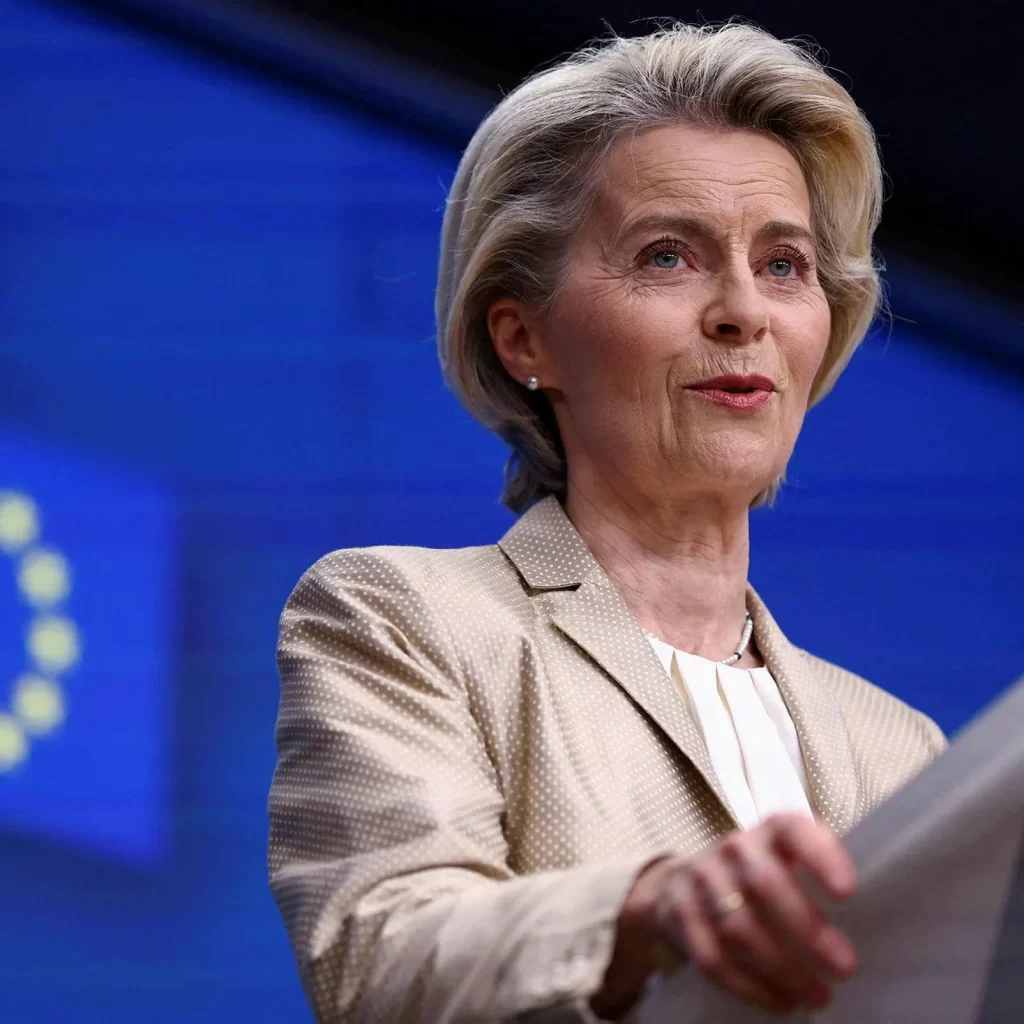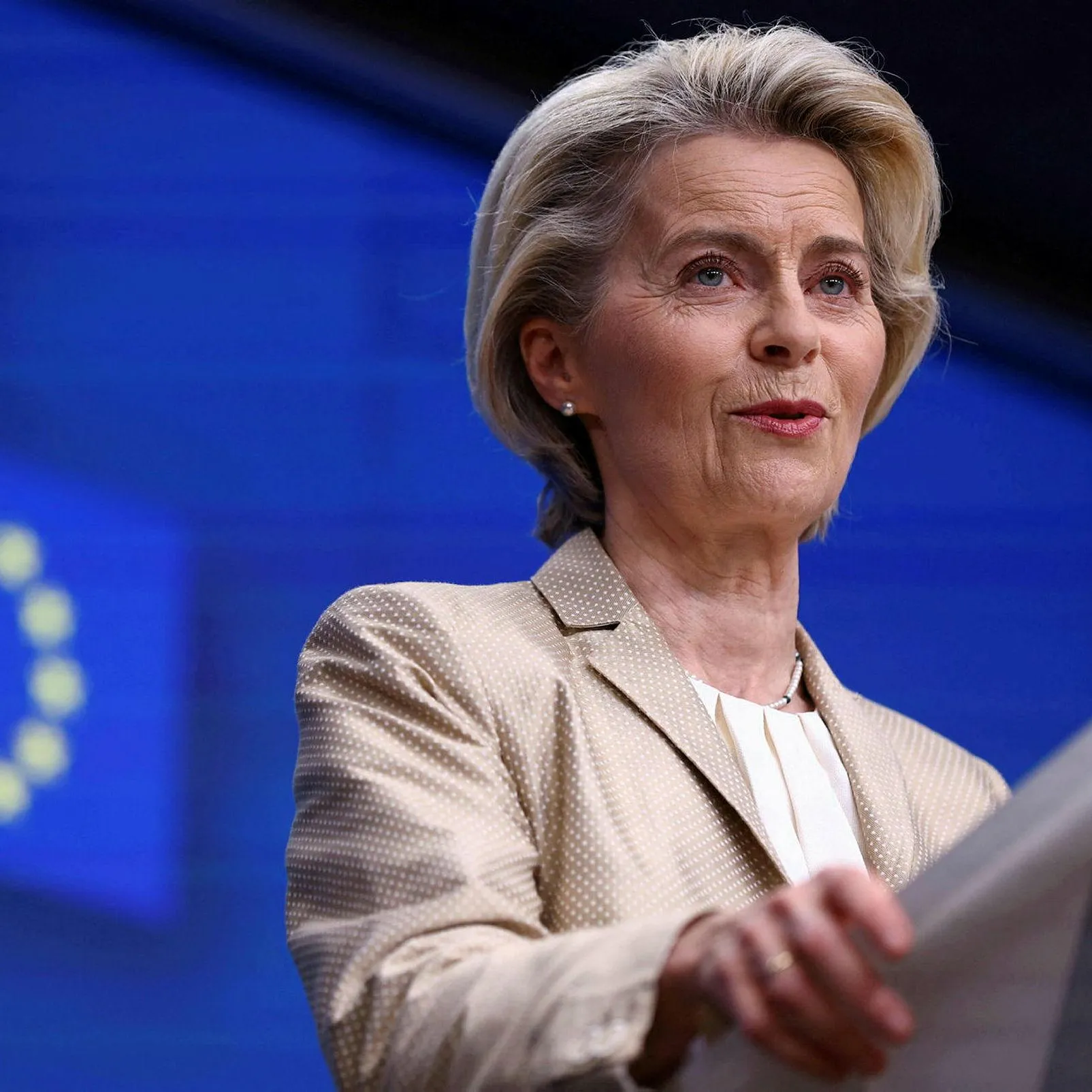
The EU chief orders the European Commission ‘to do its utmost’ to use the four-day truce to boost its aid deliveries.
The European Commission says it will step up aid deliveries to Gaza during the agreed four-day pause in Israel’s war.
Welcoming the agreement, Ursula von der Leyen, chief of the EU’s executive body, said the bloc will use the window to get more humanitarian into the Palestinian enclave.
“The European Commission will do its utmost to use this pause for a humanitarian surge to Gaza,” she said in a statement on Wednesday, adding that “I wholeheartedly welcome the agreement”.
Tamer Qarmout, assistant professor in public policy at the Doha Institute, told Al Jazeera that the most important thing that needs to be addressed during the pause is the catastrophic humanitarian condition in Gaza.
“It’s about food and shelter. Winter is here in Gaza, people are sleeping outside, and there’s nothing to cover them. So it’s a disaster. Aid needs to be increased and the international community need to push Israel on this,” Qarmout said.
‘No evidence’
Von der Leyen’s comments came a day after the commission announced a review of its development aid to Palestinians – ordered after the October 7 attack on Israel by Hamas – found no evidence of funds going to the armed group that rules Gaza.
“The review found no indications of EU money having directly or indirectly benefitted the terrorist organisation Hamas,” Commission Executive Vice President Valdis Dombrovskis said on Tuesday.
The EU is the biggest provider of development aid to Palestinians. It has earmarked about 1.2 billion euros ($1.3bn) for its programmes for the period between 2021 and 2024.
Brussels was forced, in the wake of the October 7 attacks, to deny it would cut all aid to Gaza in October, following a statement by the Hungarian-nominated commissioner for neighbourhood and enlargement.
Oliver Varhelyi stated on social media that “all payments” to the Palestinians had been “immediately suspended” and that “all new budget proposals,” including for 2023, had been “postponed until further notice”.
The commission scrambled to clarify that Varhelyi’s statement was not official and that humanitarian funds would continue to flow, while an “urgent review” would be conducted regarding development assistance that was earmarked but not yet disbursed.
Development aid is used for projects designed to have a long-term impact, such as paying the salaries of officials at the Palestinian Authority, which governs the occupied West Bank, and the work of the United Nations Palestinian refugee agency UNRWA.
It is separate from humanitarian aid, meant for urgent needs for essentials such as food, water and shelter.
“The review found that the control system in place has worked. As a result payment to Palestinian beneficiaries and UNRWA will continue without any delays,” Dombrovskis told reporters.
The commission said, however, that it would not proceed with plans to provide 75.6 million euros ($82.5m) for Gaza infrastructure projects that were not “feasible in the current context”.
That money will now go to other projects after Israel launched its heavy bombardment of Gaza following the October 7 attacks.
The enclave’s Hamas-run government says at least 14,100 Palestinians have been confirmed killed during Israel’s aerial blitz and invasion. In Israel, the official death toll from Hamas’s attacks stands at about 1,200.



